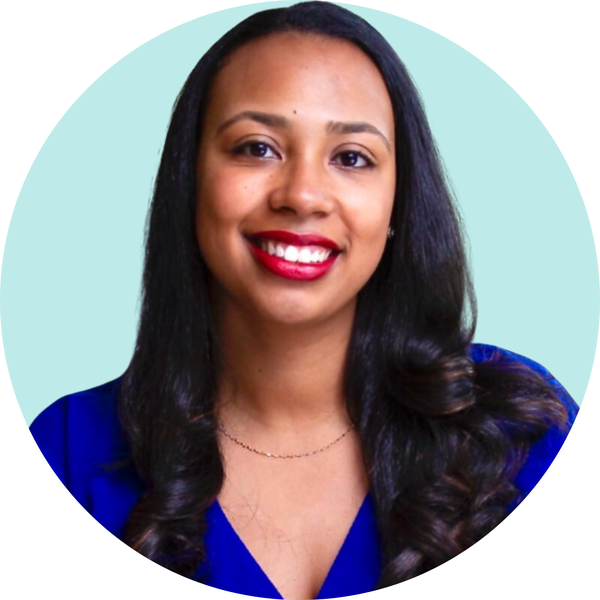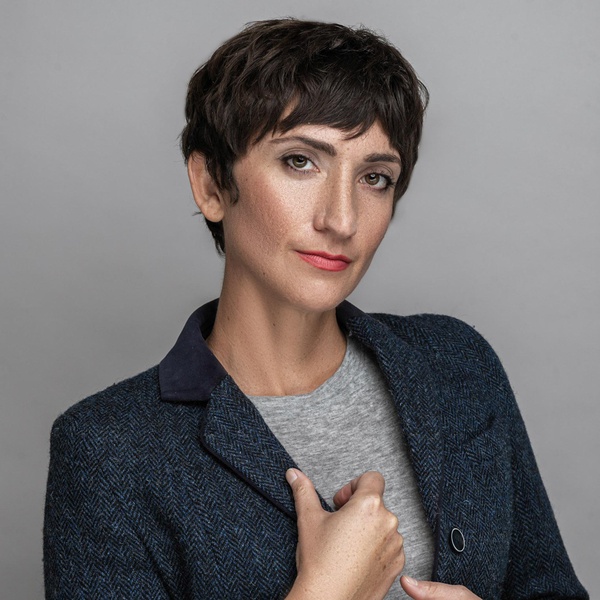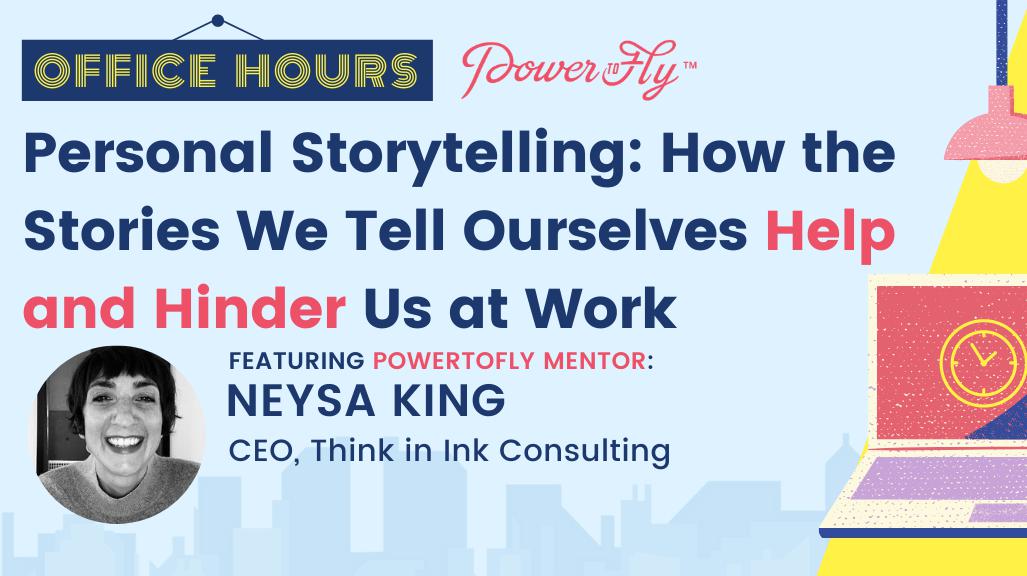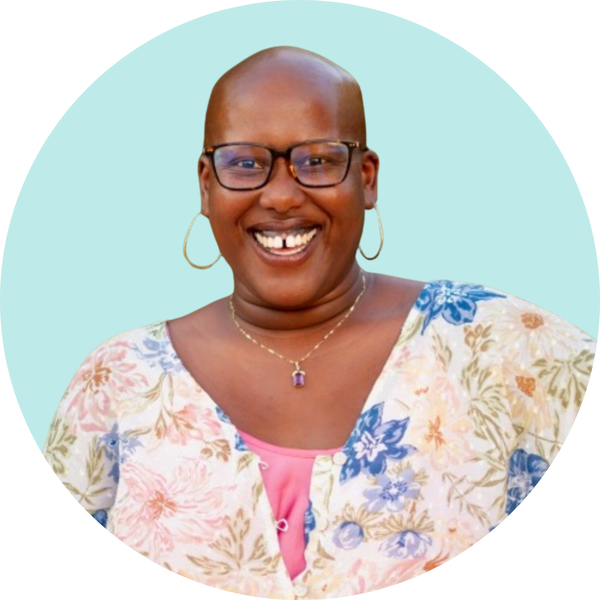



Several years ago as a new technical manager, I would dread our Monday morning staff meetings, which were comprised of 7 men and me. Each week I would listen to the men talk over each other for an hour, and I would leave without saying a word. I was operating under a story that everyone knew...
Several years ago as a new technical manager, I would dread our Monday morning staff meetings, which were comprised of 7 men and me. Each week I would listen to the men talk over each other for an hour, and I would leave without saying a word. I was operating under a story that everyone knew as much or more than I did; that my voice was not additive. One Monday on the drive in, a different thought occurred to me: I trusted myself. There was no way these other people knew any more than me, but they were taking the lion's share of the time, resources, and mobility available to us in that space. I decided to change my behavior and say whatever thoughts occurred to me, without editing. And here's what happened: some of it was received by the group, and some of it wasn't. Sometimes I wasn't challenged, sometimes I wasn't. The important thing was that I spoke up. I got to know my own voice, and with practice it has let me hone my story and my style. Fast forward a few years and I am able to influence a room not just of men, but executives, investors, and clients.
Storytelling is a powerful tool. But the stories we tell ourselves are perhaps the most powerful tool we have in achieving our goals and vision. What stories are you telling yourself that are self-defeating or operating out of limitation? How might you recognize these stories? How might you change them?
In this Q&A I'll plan to cover:

My name is Neysa, and I I have worked at every level of a product organization from product manager to Head of Product to COO. I am a woman who has led tech and product teams from 6-person startups for enterprises with 1000+ employees. My passion is helping people succeed in the tech industry through collaboration and clear, honest communication, and a shared intention to do what's best for the product, the team, and the business.
I have been leading teams in this way for more than 10 years. I enjoy helping product and engineering teams ship products that customers love!
More events you might like




